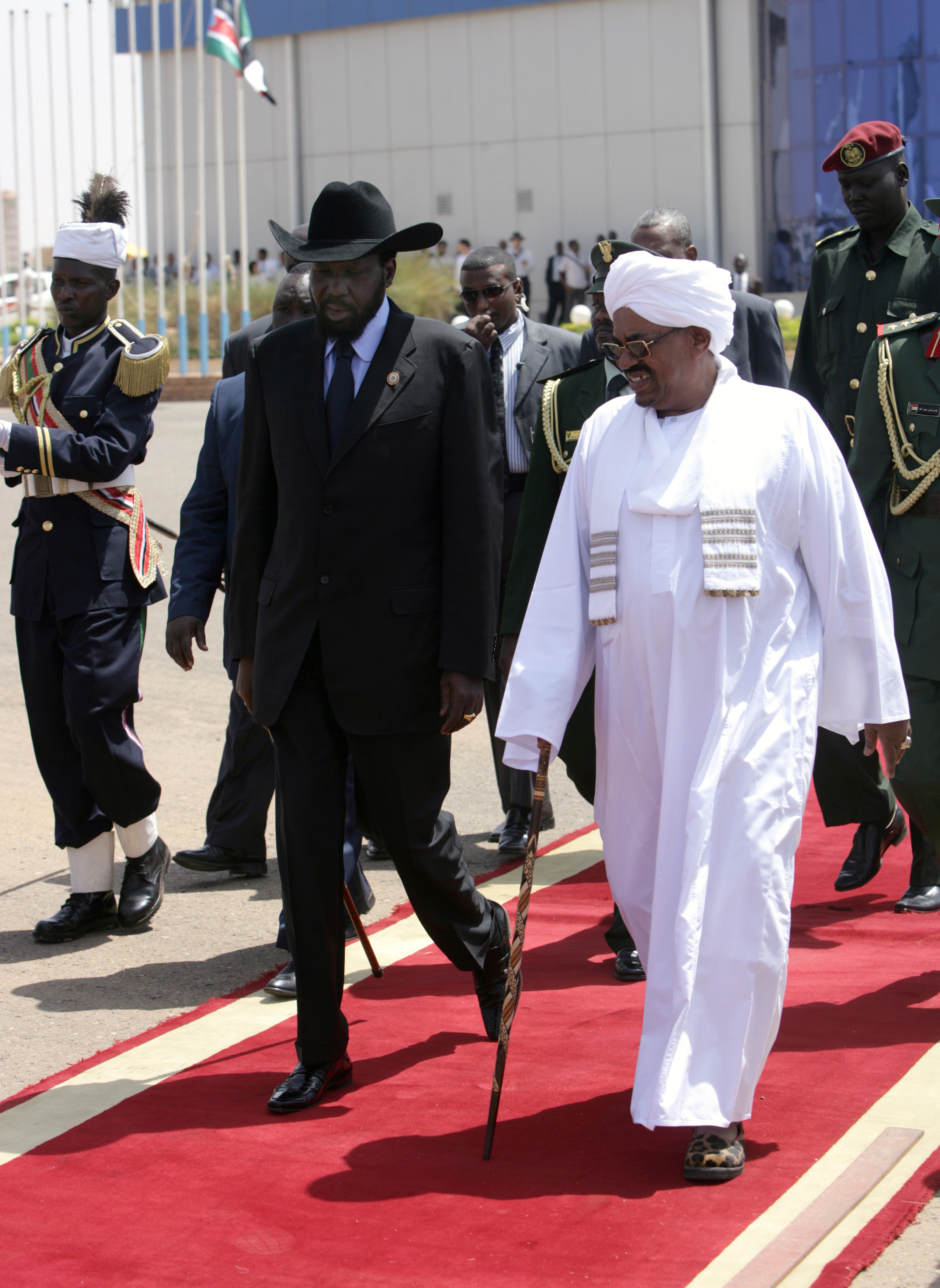
Introduction
The international community’s current approach to brokering peace between the two Sudans—a process that has been crawling since South Sudan’s secession in July 2011—is caught in a counterproductive cycle. Repeatedly, incremental progress is followed by dangerous delay, usually due to Khartoum’s intransigence. Then, “new” agreements, which simply reproduce existing commitments with revised timelines, are hailed as breakthrough moments. This broken approach has hindered the international community’s peace efforts in Sudan for decades—a dynamic vividly illustrated by efforts by the African Union High-Level Implementation Panel, or AUHIP, to lead bilateral negotiations between the two Sudans. This paper argues that the issues troubling the most recent negotiations are symptomatic of broader problems with the international community’s efforts to broker peace in the Sudans, identifies the underlying reasons why the process has failed to move forward, and proposes three recommendations for a more viable strategy.
After months of intense negotiation, Sudan and South Sudan reached nine cooperation agreements in September 2012. These agreements should have resulted in the formation of a demilitarized buffer zone between the two countries, the restart of oil exports through a cross-border pipeline, and the establishment of 17 committees to negotiate and implement joint initiatives on significant issues including pensions, banking, and citizenship rights. Six months later, none of these things have happened.
Instead, in the intervening months, the government of Sudan successfully avoided fulfilling commitments made in the binding September 2012 agreements by raising three counterproductive preconditions to further progress without censure. Then, Sudanese President Bashir derailed two presidential summits in January 2013. When the international community should have been holding both sides to their obligations and helping them find equitable solutions on other outstanding issues troubling their bilateral relationship, including Abyei and border delimitation, it allowed the process to stall. In March 2013, after months of dangerous delay, the two Sudans committed to an implementation timeline for fulfilling the obligations originally outlined in the September 2012 agreements. These types of incremental steps forward after months of delay have been Khartoum’s standard operating procedure for years. Sudan successfully crippled implementation of the many provisions of the Comprehensive Peace Agreement, which ended Sudan’s second civil war, in exactly the same way. To a casual observer, the announcement in March 2013 appeared as though the parties had achieved a new breakthrough on the substantive issues troubling their relations. In reality, however, these new documents simply reflect a “renewed” willingness to make good on previous commitments. After repeatedly moving the goalposts, these small steps are now being characterized as groundbreaking developments. This is a mistake. If the root causes go unchecked, the cycle of incremental progress and dangerous delay will persist.
The government of Sudan is the main culprit for the slow progress toward a durable peace. However, the AUHIP’s poor facilitation of summit-level negotiations and the international community’s continued tolerance of Khartoum’s repeated repudiation of signed agreements have also become major obstacles to securing peace. To rebalance this equation, the Enough Project proposes:
- Leveraging international pressure on the two Sudans
- Using technical discussions to lay the groundwork for high-level negotiations
- Building the capacity of the Sudanese opposition to make space for increased dialogue around these issues.

